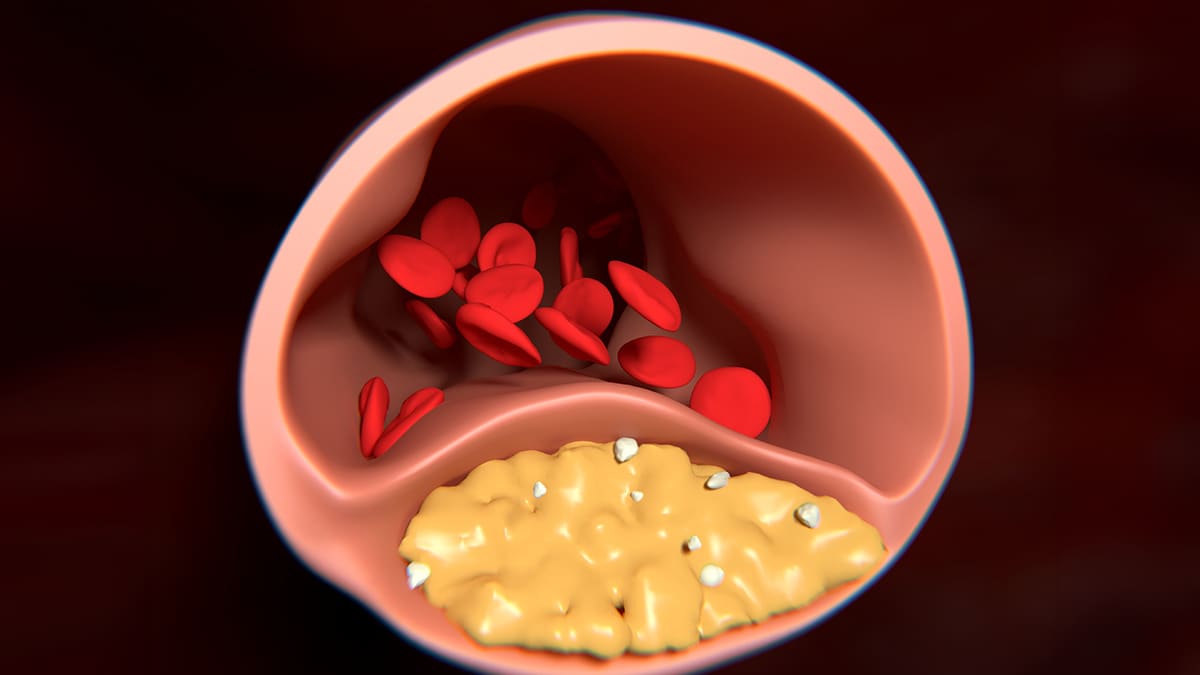Key points
Cholesterol travels through the blood on proteins called “lipoproteins.” Two types of lipoproteins carry cholesterol throughout the body.
What are LDL and HDL cholesterol?
Two types of lipoproteins carry cholesterol through the blood vessels:
- LDL (low-density lipoprotein) cholesterol. This is sometimes called "bad" cholesterol. It makes up most of your body's cholesterol. High levels of LDL cholesterol raise your risk for heart disease and stroke.
- HDL (high-density lipoprotein) cholesterol. This is sometimes called "good" cholesterol. It absorbs cholesterol in the blood and carries it back to the liver. The liver then flushes it from the body. High levels of HDL cholesterol can lower your risk for heart disease and stroke.
When your body has too much LDL cholesterol, the LDL cholesterol can build up on the walls of your blood vessels. This buildup is called "plaque," and it can cause health problems, such as heart disease and stroke.
What are triglycerides?
Triglycerides are a type of fat in your blood that your body uses for energy.
The combination of high levels of triglycerides with low HDL and/or high LDL cholesterol levels can increase your risk for health problems, such as heart attack.
Learn more about optimal blood cholesterol and triglyceride levels.

How do I lower my risk for high cholesterol and triglycerides?
You can work to prevent high cholesterol and triglycerides by reducing risk factors that are in your control. You can make healthy lifestyle decisions, such as choosing healthier foods with less saturated fat and quitting smoking.
If you already have high LDL cholesterol and triglyceride levels, your health care team may recommend medicines that treat high cholesterol and triglyceride levels and lifestyle changes to lower your risk for heart disease and stroke.
If you already have low HDL cholesterol levels, talk with your doctor about lifestyle changes that may help raise your levels.
Getting your cholesterol checked regularly is an important way to stay in control of your cholesterol health. Work with your health care team on how often you should get screened.
More information from other organizations
- MedlinePlus: Cholesterol
- USDA: Dietary Guidelines for Americans, 2020–2025; Fats and Cholesterol
- NHLBI: High Blood Cholesterol—What You Need to Know
